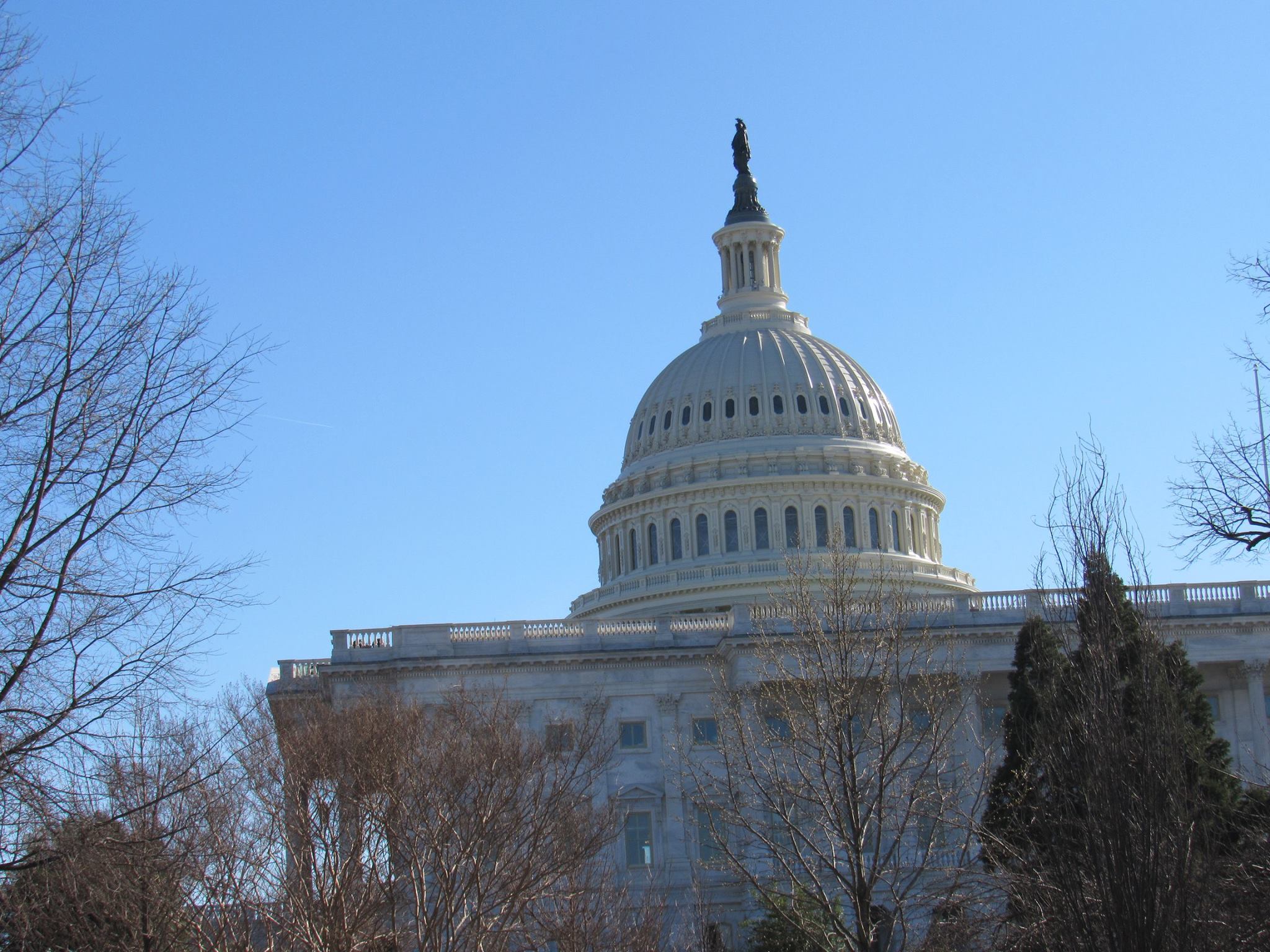The U.S. Senate Committee on Indian Affairs will host oversight hearing on Wednesday, Feb. 2 at 2:30 p.m. titled “The Long Journey Home: Advancing the Native American Graves Protection and Repatriation Act’s Promise After 30 Years of Practice.”

Witnesses from the National Park Service, the Government Accountability Office, and Native American Graves Protection and Repatriation Act (NAGPRA) practitioners will make testimony on the lessons learned over the past 30 years since enactment of the groundbreaking law and areas where Congress can help improve implementation.
Tomorrow, Wednesday, February 2 at 2:30 p.m. ET / 9:30 a.m. HT, U.S. Senator Brian Schatz (D-Hawaiʻi), chairman of the Senate Committee on Indian Affairs, will lead an oversight hearing titled
WHAT: Sen. Brian Schatz (D-Hawaiʻi), committee chairman, to lead Senate Committee on Indian Affairs Oversight Hearing.
WITNESSES:
- Joy Beasley, Associate Director, Cultural Resources, Partnerships and Science, National Park Service, U.S. Department of the Interior, Washington, DC
- Dr. Anna Maria Ortiz, Director, Natural Resources and Environment, U.S. Government Accountability Office, Washington, DC
- Carmen Hulu Lindsey, Chair, Office of Hawaiian Affairs, Honolulu, HI
- Dr. Valerie Grussing, Executive Director, National Association of Tribal Historic Preservation Officers, Washington, DC
- Dr. Rosita Worl, President, Sealaska Heritage Institute, Juneau, AK
WHEN: Wednesday, February 2, 2022 at 2:30 p.m. Eastern Time
HOW TO JOIN: Access the live stream here.
More Stories Like This
Native News Weekly (August 25, 2024): D.C. BriefsUS Presidents in Their Own Words Concerning American Indians
Native News Online Launches Year-End Campaign to Support ‘Warrior Journalism’
Native News Online’s Year-End Live Stream - Recap of 2025: A Night That Brings Indian Country Together
GivingTuesday: Groups Making a Real Impact in Indian Country
Help us tell the stories that could save Native languages and food traditions
At a critical moment for Indian Country, Native News Online is embarking on our most ambitious reporting project yet: "Cultivating Culture," a three-year investigation into two forces shaping Native community survival—food sovereignty and language revitalization.
The devastating impact of COVID-19 accelerated the loss of Native elders and with them, irreplaceable cultural knowledge. Yet across tribal communities, innovative leaders are fighting back, reclaiming traditional food systems and breathing new life into Native languages. These aren't just cultural preservation efforts—they're powerful pathways to community health, healing, and resilience.
Our dedicated reporting team will spend three years documenting these stories through on-the-ground reporting in 18 tribal communities, producing over 200 in-depth stories, 18 podcast episodes, and multimedia content that amplifies Indigenous voices. We'll show policymakers, funders, and allies how cultural restoration directly impacts physical and mental wellness while celebrating successful models of sovereignty and self-determination.
This isn't corporate media parachuting into Indian Country for a quick story. This is sustained, relationship-based journalism by Native reporters who understand these communities. It's "Warrior Journalism"—fearless reporting that serves the 5.5 million readers who depend on us for news that mainstream media often ignores.
We need your help right now. While we've secured partial funding, we're still $450,000 short of our three-year budget. Our immediate goal is $25,000 this month to keep this critical work moving forward—funding reporter salaries, travel to remote communities, photography, and the deep reporting these stories deserve.
Every dollar directly supports Indigenous journalists telling Indigenous stories. Whether it's $5 or $50, your contribution ensures these vital narratives of resilience, innovation, and hope don't disappear into silence.
 The stakes couldn't be higher. Native languages are being lost at an alarming rate. Food insecurity plagues many tribal communities. But solutions are emerging, and these stories need to be told.
The stakes couldn't be higher. Native languages are being lost at an alarming rate. Food insecurity plagues many tribal communities. But solutions are emerging, and these stories need to be told.
Support independent Native journalism. Fund the stories that matter.
Levi Rickert (Potawatomi), Editor & Publisher

